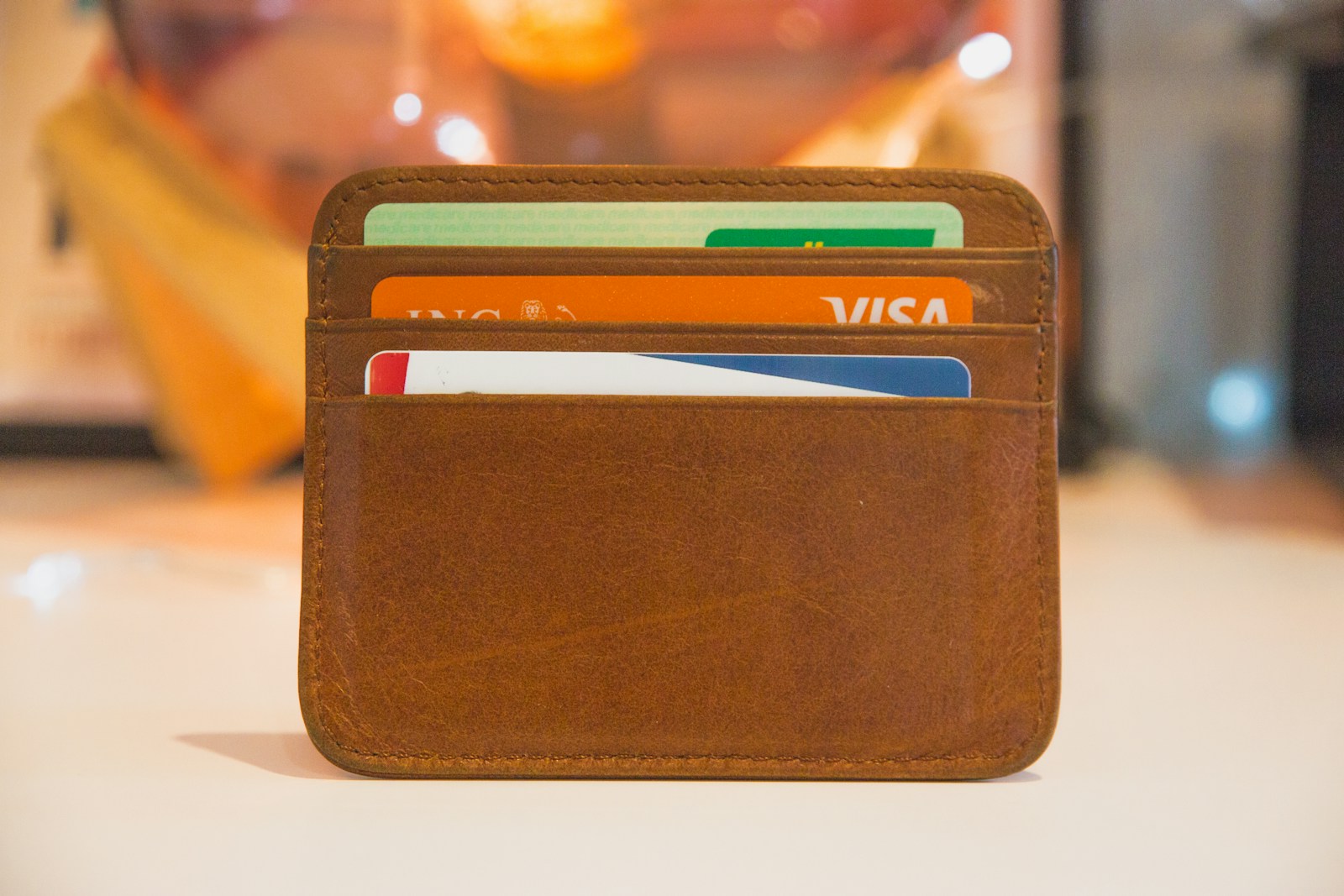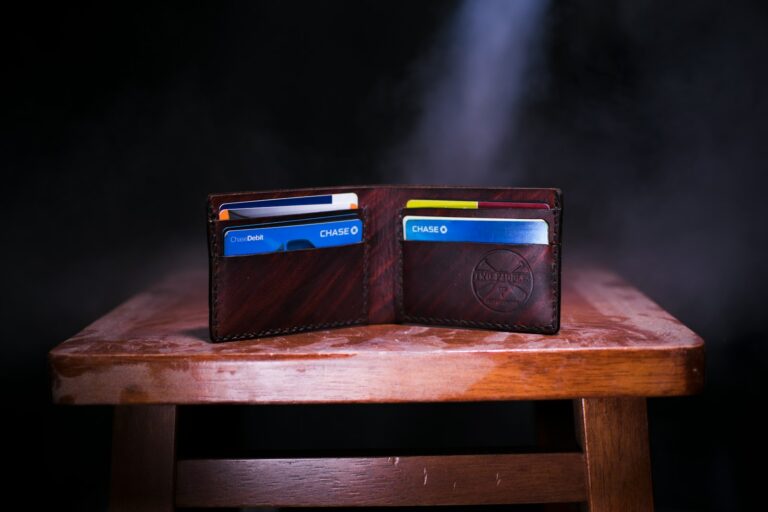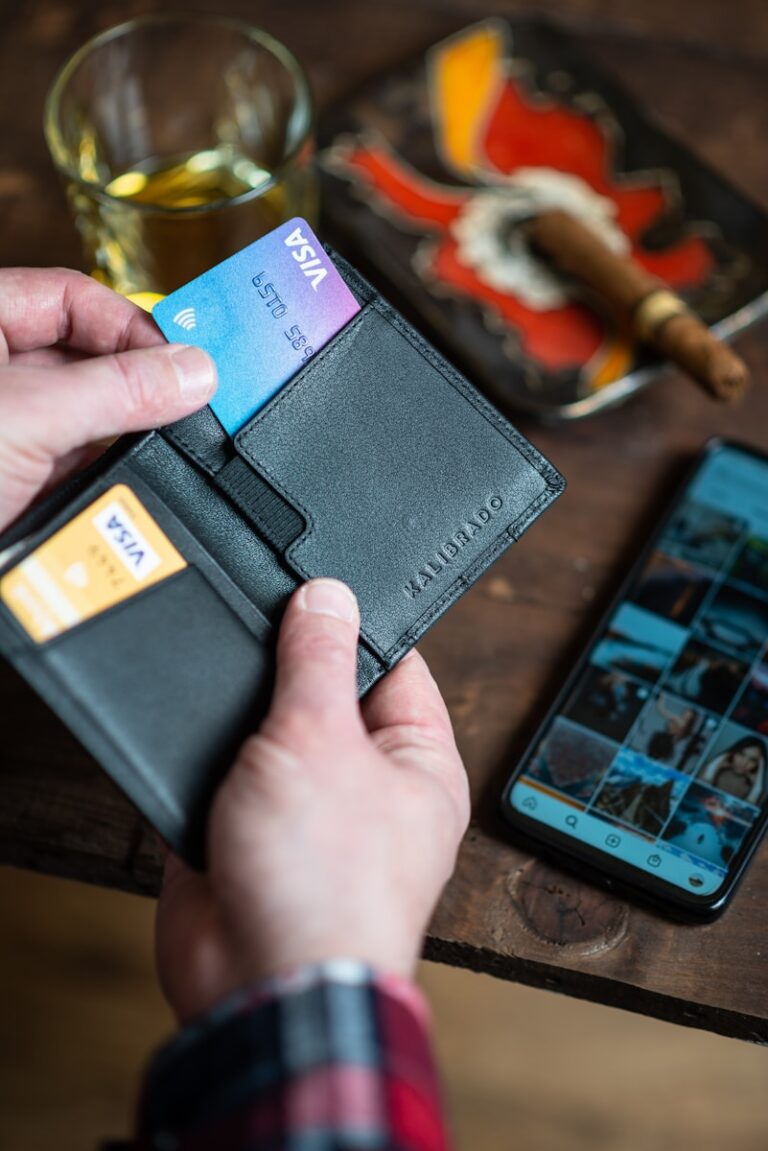Explore the top credit cards in Canada for bad credit holders in 2025. Learn how to rebuild credit safely, avoid fees, and choose cards designed to help improve credit scores.
Best Credit Cards for Bad Credit in Canada
Answer Box:
For Canadians with bad credit or no credit history, finding the right credit card can be challenging yet essential to rebuilding financial health. These cards offer lower credit limits, higher approval chances, and tools to help repair credit when used responsibly.

What Does “Bad Credit” Mean?
Bad credit means a low credit score caused by late payments, defaults, bankruptcies, or limited credit history. It limits access to premium credit cards, but special secured or guaranteed approval cards help Canadians rebuild over time.
How Credit Cards Can Help Rebuild Credit
- Report your payment history to credit bureaus.
- Establish consistent, responsible credit use.
- Maintain low balances relative to your limits.
- Pay bills on time to rebuild trust.
- Avoid applying for multiple cards simultaneously, which can lower your score.
Top Credit Cards for Bad Credit in Canada (2025)
| Card Name | Type | Key Features | Annual Fee | Credit Limit |
|---|---|---|---|---|
| Capital One Guaranteed Mastercard | Secured card | Accepts low credit, reports to bureaus | $59 + tax | Security deposit based |
| Refresh Financial Secured Visa | Secured card | Build credit with responsible use | $75 | Up to $1,500 |
| Home Trust Secured Visa | Secured card | No minimum income requirement | $59 | $500 – $10,000 |
| Scotiabank StartRight Program | Unsecured, for newcomers | No credit history required, newcomer support | $39 | $300+ |
| Desjardins Secured Card | Secured card | Flexible deposit, credit building tool | $45 | Based on deposit |
What Is a Secured Credit Card?
A secured card requires a refundable security deposit, usually equal to your credit limit. This deposit protects the lender against missed payments. Secured cards are often easier to get approved for and work well to rebuild credit over time.
Tips for Using Bad Credit Cards Wisely
- Never miss payments; set up automatic payments if possible.
- Keep utilization below 30% of your credit limit.
- Build credit over time, then consider upgrading to an unsecured card.
- Avoid cash advances to escape high fees and interest.
- Monitor your credit score regularly to see improvements.
Real-Life Story: Mike’s Credit Rebuild Journey
Mike had a poor credit history from past debts but needed credit to rent an apartment. He got a secured card with a modest limit and paid his bills on time every month. After 18 months, his credit score improved significantly, allowing him to qualify for a better unsecured card. Mike emphasizes patience and discipline: “It’s about steady progress—not quick fixes.”
Frequently Asked Questions (FAQs)
Can I get a credit card with no credit history in Canada?
Yes, some secured and newcomer cards don’t require prior credit.
How long does it take to rebuild credit?
Typically 12-18 months with consistent responsible card use.
Are secured card deposits refundable?
Yes, when you close the card or upgrade, deposits are returned.
Do bad credit cards have lower limits?
Generally yes, to reduce risk for the issuer.
Will using a bad credit card improve my credit score?
Used responsibly, yes—it helps build positive credit history.
Call to Action
If you have bad credit or are new to credit in Canada, don’t be discouraged. Choose a secured or specialty card to start rebuilding your credit today. Pay responsibly, keep balances low, and watch your credit score grow. Apply for one of Canada’s top bad credit cards now and take control of your financial future!
This guide is tailored for cad.savewithrupee.com to help Canadians with bad credit find the best credit cards for rebuilding credit in 2025.
🍁 Smarter Money Tips for Canada

Discover our guides on credit cards, loans, insurance, and savings designed for Canadian readers.
💡 Explore Canadian Guide


